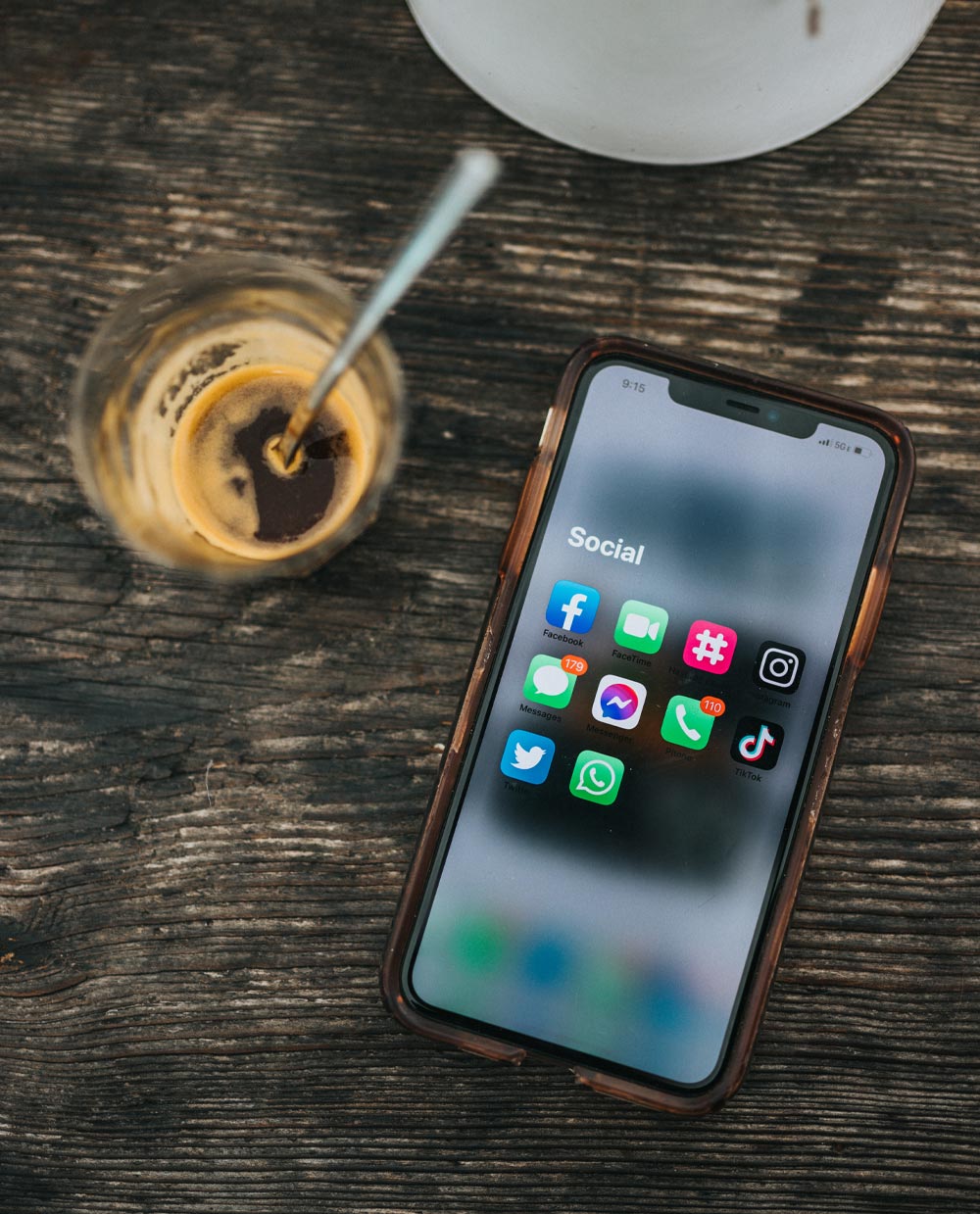The effects of social media on our concept of reality and self

Photo by Nathan Dumlao on Unsplash
Social media has become a big part of our lives, an aspect that’s hard to omit.
Especially in the current times, it is not only a source of entertainment, but also a major source of information. A one stop for people to connect, give opinions and share information.
More specifically, the instant validation in the form of likes, comments & shares has made social media very powerful and widespread. A validation that is quite addictive, obsessive even, completely reforming our concept of self & reality.
How does social media affect our concept of reality?
Social media is a platform where we can choose to portray whatever we want to portray.
In this way, it has given many of us an opportunity to create another reality for ourselves– a reality that we wish for.
For many users it is a much better reality than the one they live in, making it easy to choose to stay in this created virtual world, where our chosen realities feel validated.
The alternative reality allows us to create a persona which we are often unable to portray in the physical world. It can include many things–the persona can be their authentic self or, more often, a portrayal of what one thinks meets the societal standard.
For a lot of us, it is ironically difficult to be real in the real world. All in all, the reasons are many, but the one thing we users have in common is a space to explore another form of reality and experiences. A kind of chance for another life.
With time though, an individual can get so lost in the virtual reality that they tend to lose connection with the physical one. This can make one’s life quite elusive, making it difficult to be more present and in charge of their physical day to day.
The social media world very often tends to overpower the physical world, affecting one’s psyche. Infact, it has affected our psyche so much that it is almost automatic now, we are numb to it and are unaware of its actual effects on us– oblivious to the disconnect it has caused within us.
How does social media affect our concept of self?
Our concept of self is constantly shifting depending on the information and experiences we go through. However, it is still formed over the core framework of what we observed & learned in our childhood.
We also have to factor in societal conditioning, which is mainly based on seeking validation from everything external (i.e. you are only good enough if you meet these societal standards).
We constantly try to meet this need to be accepted, from the only foolproof way that we know how, which is checking ourselves against the societal acceptable standards. In the process, we tend to suppress our authentic selves, which don’t always match these standards, leaving us to feel invalidated or not good enough.
With time the self that we portray online, curated just to receive validation in return, is the only one we identify with, losing total connection with our true self. This directly encourages building our concept of self only on what is validated.
Social media is also a platform where this need for acceptance is often rewarded through instant gratification the moment our post is liked by someone. Making it real for us. This is what makes us stay– a hard habit to completely quit.
Now, ofcourse, not everything you see on social media is real. Regardless though, the speed of the rewards through what is shared online gives the virtual world a lot of value, making it real for us.Our concept of self gets based on the self which is portrayed and validated on social media, rather than what we may actually be offline.
Social media is now another place where societal standards are being portrayed, in this digital world. Consequently, when these standards are not met, one tends to feel invalid or not enough, yet again.
The main downside of social media is the dysphoria one experiences when they don’t meet these unrealistic standards.
So why does all this matter?
A distorted sense of reality and self affect our mental health. Various issues like body image and low self esteem coupled with an unhealthy obsession with social media, constant comparison of self and an absolute disconnect with ourselves, are all common outcomes we face today. Our online addiction has also brought about an increase in social media anxiety & depression.
That’s something to think about.
Being aware of the effects of our virtual worlds can ultimately just help you set boundaries. A full life should ideally have balance, both online and offline.
Why not try to ensure that reality is always better than your [virtual] dreams?
